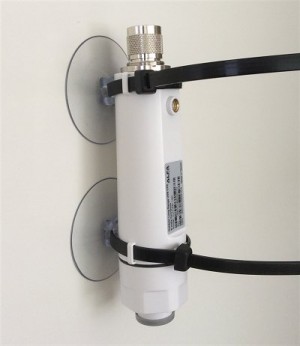

It then dedicates a different band from the extender to your device, offering maximum WiFi performance for your particular system. NETGEAR's FastLane Technology dedicates a band from your router to the extender. Having multiple bands can help increase performance. Others have two 5GHz bands and one 2.4GHz band, making them tri-band WiFi extenders. Some also work on a 5GHz band, which makes them dual-band WiFi extenders. All WiFi extenders work on a 2.4GHz band. Speed is crucial for providing the best internet experience you just can't expect to increase your internet speed beyond what your ISP is offering.Ī band is the range of frequencies that your WiFi extender uses. A WiFi extender simply cannot exceed the speed offered by your internet service provider (ISP).Īlthough you wouldn't need a 1Gbps extender for a dial-up connection, you would want one if you had fiber optic service. Dial-up internet is measured in kilobits per second and is much slower. With that in mind, here are the key features you need to consider when shopping for a NETGEAR WiFi extender.ĭo you have dial-up internet? If so, it’s important to know that you will not receive any benefits from a WiFi extender that features a speed of 1Gbps. It is important to look at the variables that would actually make a difference in your user experience.

It is not the fastest speed, so don’t be misled. That is what that AC number is: the combined potential speed of all the bands on your extender. When you add all three together, however, you could theoretically claim to have a 34 mph relay team. Here’s an analogy: if you had a three-man relay team and the first man could run 10 mph but the second and third man could each run 12 mph, the fastest possible speed would only be 12 mph. Rather, this number is a sum of potential speeds. The AC numbers (AC1200, AC2300, etc.) that you may see on the packaging of a WiFi extender is not direct a indication of speed.


 0 kommentar(er)
0 kommentar(er)
